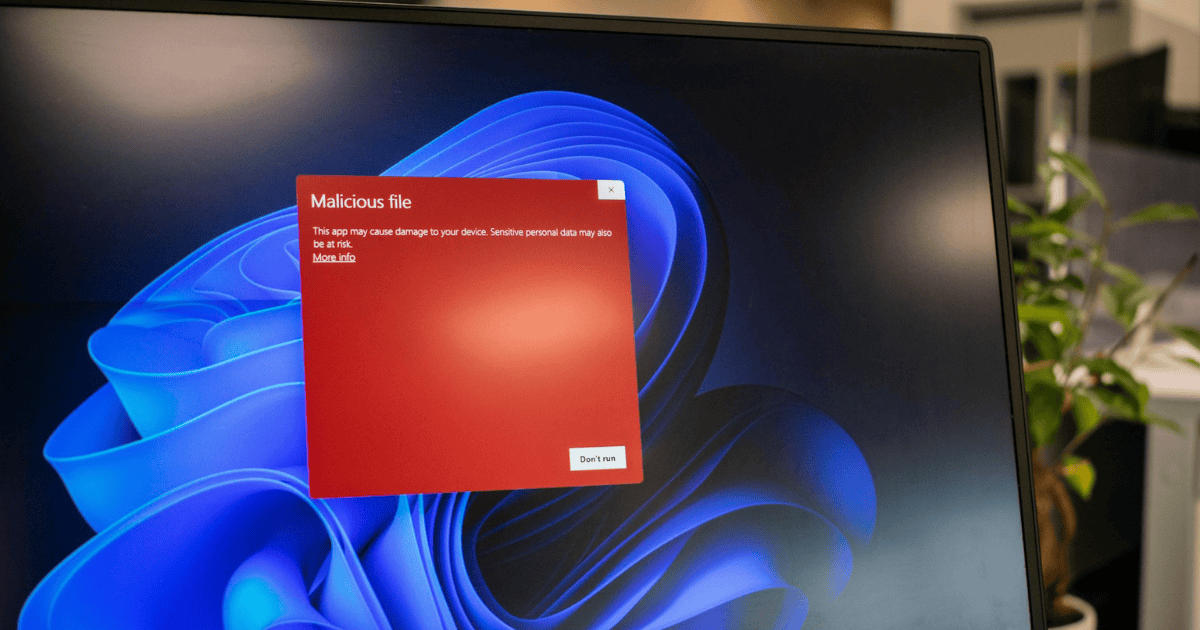Last Updated on 8 June 2023 by admin
Table of Contents
Cyber security is often pushed down the business priority list. But, with customer data and your brand reputation on the line, is cyber security worth ignoring?
Only 38% of global organizations claim to be prepared to deal with a sophisticated cyber-attack [1]. Although there is not a one size fits all approach, there are basic guidelines and principles an organization can follow to avoid a security breach.
What are the common cybersecurity mistakes being made and how can you take back control?
1. Considering cyber security to be just an IT issue
Everyone within the organization has a responsibility when it comes to information security. It doesn’t solely lie at the hands of your IT team. All employees carry a risk to security and an attack will impact the whole organization. Everyone must be aware of good security practices.
Where possible, provide adequate training in how to identify threats.
2. Assuming you’re not a target
Size doesn’t matter when it comes to security. Everyone, from a freelancer with a WordPress website that has plugins in need of an update to multinationals with bricks and mortar premises that hackers can access, is at risk.
Larger companies make headline news when their security is breached, which sometimes leaves smaller companies thinking they may not be a target. Take risks seriously and make them a priority for your business.
3. Relying only on anti-virus technology
Unfortunately, everyday hackers are becoming more persistent and sophisticated. They can identify new vulnerabilities that anti-virus software is unable to detect.
It’s still useful to have anti-virus technology in place, but there are extra measures you can take to protect your organization.
Continuous intelligence services, such as our vulnerability management tool, continuously check for and detect issues and weaknesses before hackers know that they exist.
4. Overlooking your network
Not all attacks can be prevented but, by understanding your network, you reduce the risk of a security breach. Have protocols in place to ensure the software is updated regularly and prioritized to be more resilient to attacks.
5. Not backing up data
If you’ve been hacked, you want to get up and running as soon as possible. Back up your data regularly to help protect yourself. This is one of the only ways to recover from a ransomware attack.
6. Ignoring security awareness training
Employees work with your information every day and it’s important they know how to handle this safely. Staff security training should be provided to avoid any breaches and keep employees up to date with security standards.
7. Doing it on your own
Whether your company is big or small, don’t tackle information security alone. Maybe your company is lacking security skills, or you need help enhancing certain areas of security.
Protect your information and empower your business and take control of your information security.





